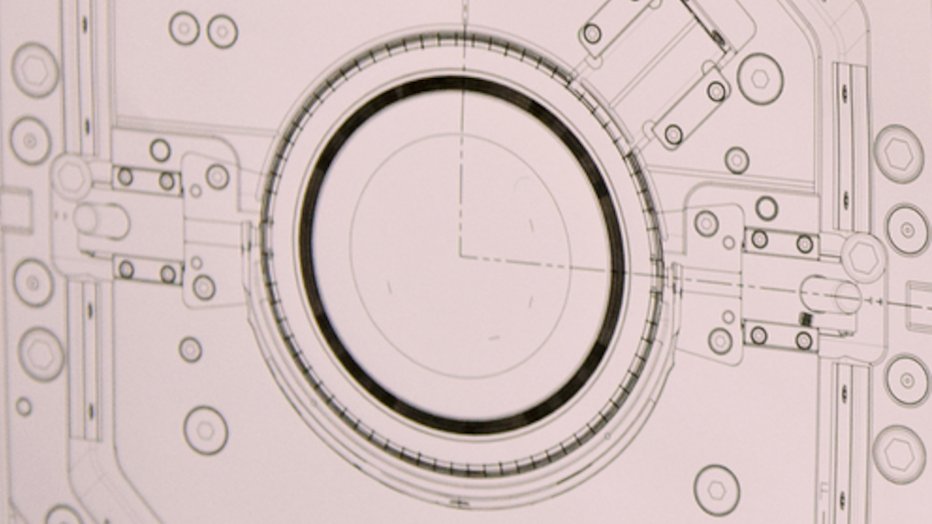Product development, construction
The development and design of industrial products are at the heart of this field of study. From the first sketch to the prototype to market readiness - design engineers focus on the entire life cycle of a product. Quality assurance and recycling measures are therefore just as much a topic as business management aspects.

Overview of the academic discipline
Students in this field deal with systematic steps that are necessary for the development and construction of new products. The path from product idea to concept to realization is usually carried out in cooperation with other departments.
Mathematical optimization methods, company-specific software solutions and standardized enterprise resource planning systems (ERP systems) are used. There are points of contact and numerous overlaps, particularly with production technology, computer science, industrial engineering and technology management.
Which topics are included in the curriculum?
Degree courses in the field of design convey mathematical and scientific fundamentals as well as the theoretical and methodological knowledge required to develop products. The lectures, seminars and practical exercises cover topics such as mathematics and computer science, physics, technical mechanics, electrical engineering, thermodynamics, process engineering, design systems, CAD (computer-aided design), materials science, production engineering, robotics and business management.
Specialization options include factory planning, production planning and control, production equipment and logistics, design of machine tools, metal processing and CNC technology, process, project and personnel management, forming technology, industrial logistics, material flow technology, industrial robots, applied computer science, quality management and environmental protection.
Those who enrol specifically for a product development course often have a greater focus on technical design, data analysis, user behavior, investment and profitability as well as AI systems.
Sports engineers are also members of the design engineering sciences, for whom anatomy, physiology, sports science, rehabilitation technology and sometimes even sports practice are relevant in addition to the scientific and technical subjects.
Practical phases of varying duration are planned during the course, often in the form of an industrial internship.
What are the requirements?
Depending on the degree program, a pre-study internship of several weeks in production companies or engineering offices must often be proven. There may also be internal university selection procedures. Important school subjects - as in all engineering sciences - are mathematics, physics, computer science and English.
What study programmes are there to choose from?
Bachelor's and Master's degree programs in this field are offered by universities of applied sciences and dual universities as well as universities. This field of study is often offered as part of mechanical engineering. Possible undergraduate courses include “Development and Design”, “Design Engineering”, “Mechanical Engineering/Product Development” or “Technical Design”. Master's degree courses include “Lightweight construction and simulation”, “Value creation management in mechanical engineering” or “Autonomous driving”.
What job opportunities are there after graduation?
Graduates of this field of study have access to fields of work in almost all sectors in which products are manufactured industrially. Employment opportunities include mechanical and plant engineering, automotive engineering, power generation, the electrical industry, the precision engineering industry, the automotive industry, the textile industry, the sports industry and rehabilitation technology, the paper industry and the metalworking industry.
In addition, they are employed in engineering offices, by trade and professional associations and in the public sector, for example in trade supervision or occupational health and safety offices. Self-employment in sales or consulting is also possible.
